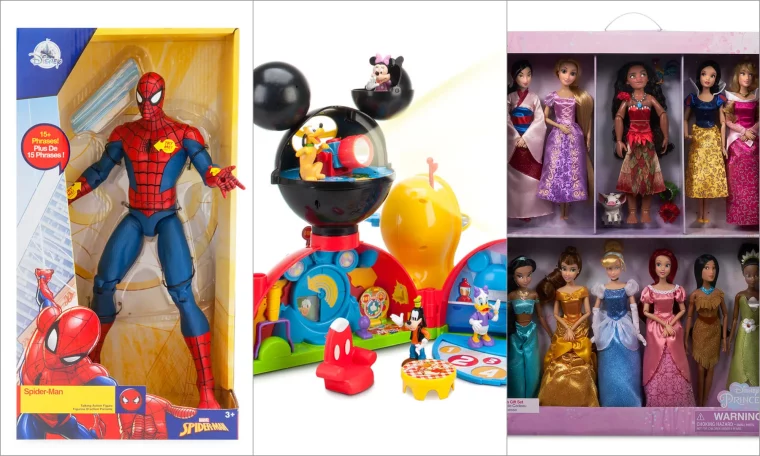What Is Licensing in Business?
Licensing refers to the process of granting permission to an individual or company to use intellectual property (IP) owned by someone else under specific conditions.
The property owner is called the licensor, and the party receiving permission is the licensee. A licensing agreement sets out the terms and conditions under which the licensee can utilize the licensor’s property.
Essentially any kind of IP can be licensed. A few of the most common examples include formulas, manufacturing processes, designs, software, trademarks, patents, and copyrights.
How Does Licensing Work?
A typical licensing arrangement will work, in most cases, as follows:
- The licensor owns a form of intellectual property, such as a patent, trademark, copyright, or trade secret.
- The licensee identifies a need or opportunity to utilize the licensor’s intellectual property for commercial purposes. This might involve manufacturing a product based on a patent, using a trademark on their merchandise, or reproducing copyrighted work.
- The licensor and licensee negotiate the specifics of a licensing agreement, including the length of the license, its geographic scope, the applicable royalties or fees, usage guidelines, and other contractual terms.
- Once finalized, the license agreement grants the licensee defined permissions to use the licensor’s intellectual property within the agreed-upon parameters.
- The licensee utilizes the intellectual property and pays the agreed-upon royalties or fees to the licensor per the licensing agreement.
Benefits of Licensing
For licensors, licensing allows them to monetize their intellectual property without having to manufacture and market products themselves. Licensees can benefit from gaining access to valuable IP without large upfront research and development costs.
Licensing also provides a way to build partnerships and bring complementary capabilities together.
Disney is the greatest company in the world when it comes to profiting from licensing their intellectual property. It lets a myriad of other companies put their extremely well-known characters like Mickey Mouse, Luke Skywalker, and Iron Man onto their own simple products like toys, clothes, and apparel for a (large) price.
The licensee is able to sell many more items with the popular IP and Disney profits without any additional effort or work. Disney made an incredible $56.2 billion from retail sales of its licensed products in 2021.

